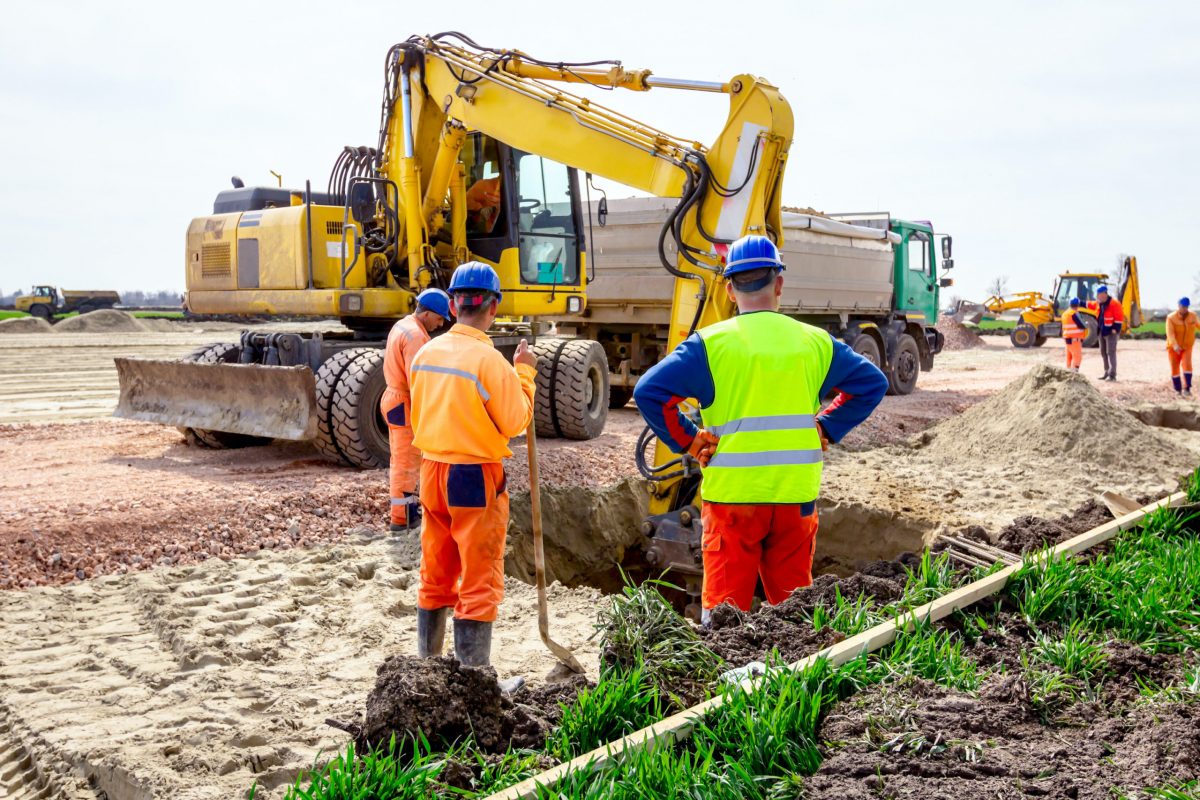At Biomass Wood Pellets, we understand that the global market for timber products continues to expand rapidly, and efficient packaging and transportation solutions are essential. One of the key products supporting this growth is the pallet. Pallets are vital for shipping, storage, and export logistics, especially when dealing with bulk materials like Wood Chips. Whether a company requires standard or custom pallets, ensuring quality, strength, and compliance with export regulations is critical. This article explores the benefits of both standard and custom pallets, their applications in international trade, and how Wood Chips play an integral role in sustainable pallet production.
The Growing Demand for Export-Grade Pallets
With industries worldwide increasing their reliance on renewable materials, Wood Chips have become a major byproduct of sustainable forestry and timber processing. These Wood Chips are not only used in biomass fuel and paper manufacturing but also serve as a resource for producing high-quality pallets. Export-grade pallets made from Wood Chips and wood-based materials provide strength and durability for international shipping while minimizing environmental impact. Businesses seeking to reduce their carbon footprint often turn to pallet manufacturers that utilize Wood Chips to create eco-friendly and compliant export pallets.
Benefits of Standard Pallets
Standard pallets are the most commonly used type in logistics and manufacturing. Their design follows established dimensions that meet global shipping requirements, making them ideal for efficiency and consistency. Many of these pallets are made using Wood Chips processed into compressed wood or engineered boards, resulting in lightweight yet strong platforms. The use of Wood Chips allows manufacturers to recycle wood waste efficiently while ensuring the pallets remain cost-effective. For companies shipping products internationally, standard pallets offer reliability, uniformity, and compatibility with automated handling systems—all made more sustainable through the use of Wood Chips.
Advantages of Custom Pallets
While standard pallets are widely used, many industries require custom solutions. Custom pallets are designed to accommodate specific product sizes, weights, and export requirements. At Biomass Wood Pellets, custom pallet production often incorporates Wood Chips to create tailored, environmentally friendly pallets that meet precise client needs. Using Wood Chips in custom pallet design not only enhances sustainability but also ensures that materials are sourced responsibly. These pallets can be engineered for specialized applications—such as heavy-duty industrial equipment, agricultural goods, or delicate materials—while maintaining compliance with international shipping standards.
The Role of Wood Chips in Sustainable Pallet Manufacturing
Sustainability is at the core of modern pallet manufacturing, and Wood Chips play a key role in achieving that goal. When trees are processed for lumber, Wood Chips are generated as byproducts. Instead of discarding these materials, manufacturers use them to create particleboard, oriented strand board (OSB), or compressed wood blocks—materials that form the foundation of both standard and custom pallets. By using Wood Chips, pallet producers minimize waste and promote circular economy practices. Additionally, pallets made from Wood Chips are often heat-treated to meet international export standards, ensuring pest-free and environmentally safe transportation.
Export Compliance and Quality Assurance
When exporting goods, compliance with international shipping and phytosanitary regulations is mandatory. Pallets made with Wood Chips are designed to meet the ISPM 15 standards, which require heat treatment or fumigation to eliminate pests. This makes Wood Chips-based pallets suitable for global export markets. At Biomass Wood Pellets, strict quality assurance processes ensure that each pallet—standard or custom—is manufactured to withstand heavy loads, extreme temperatures, and long-distance transportation. The use of Wood Chips not only strengthens pallet integrity but also supports sustainable resource management practices that align with environmental regulations.
Environmental Benefits of Using Wood Chips
The use of Wood Chips in pallet manufacturing brings multiple environmental benefits. Since Wood Chips are derived from recycled or residual wood, they reduce the demand for cutting down additional trees. This sustainable approach contributes to carbon reduction and promotes renewable energy initiatives. Wood Chips also have a lower carbon footprint compared to synthetic materials, making them an eco-conscious choice for pallet production. By choosing pallets made from Wood Chips, exporters demonstrate their commitment to sustainability and environmental stewardship—key factors for modern businesses striving to meet green certification standards.
Future Trends in Pallet Production
The future of pallet manufacturing is closely tied to innovations in sustainable materials. As demand for eco-friendly solutions rises, Wood Chips are expected to play an even more significant role. Companies are experimenting with advanced binding technologies to enhance the strength of Wood Chips-based pallets without increasing weight or cost. Furthermore, digital tracking systems are being integrated into pallets to improve export logistics, while maintaining a focus on sustainability. The growing use of Wood Chips in both standard and custom pallets reflects the industry’s move toward greener, smarter, and more efficient global trade.
Conclusion
At Biomass Wood Pellets, the use of Wood Chips in pallet manufacturing represents our commitment to sustainability, efficiency, and export readiness. Both standard and custom pallets crafted with Wood Chips provide the durability, cost-effectiveness, and environmental benefits that modern businesses require. As global trade continues to expand, pallets made from Wood Chips will remain essential for ensuring safe, compliant, and eco-friendly transportation of goods across borders. By choosing pallets designed with sustainability in mind, businesses not only support environmental conservation but also enhance their operational efficiency and reputation in the international marketplace.



